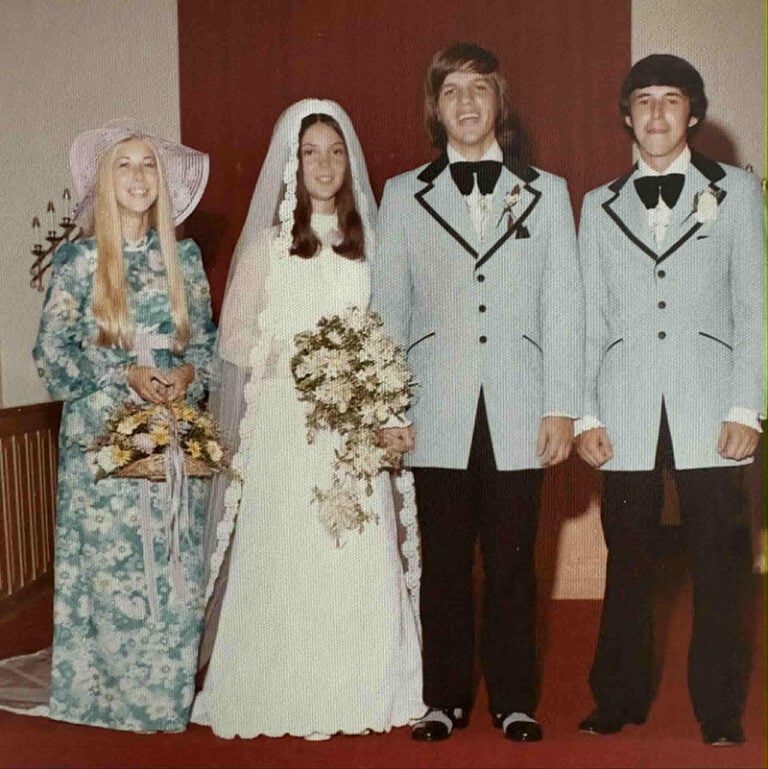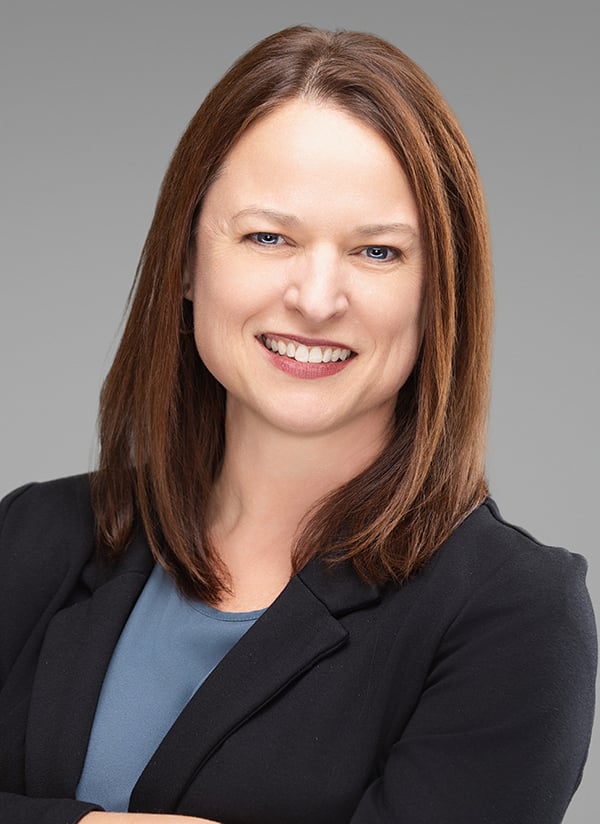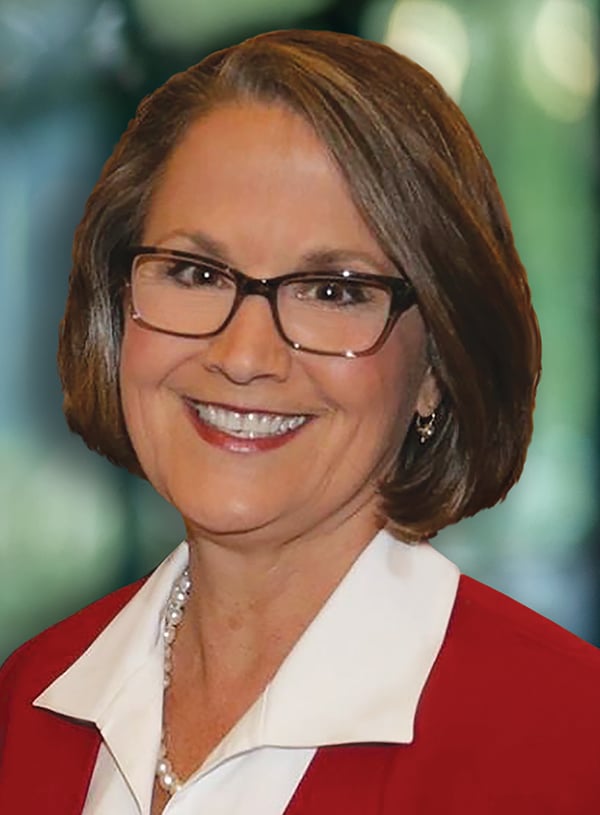By Patricia A. Scheyer
NKyTribune reporter
Oakley Farris is on the verge of having lived for an entire century. The community benefactor will turn 100 on August 28, and he does realize the enormity of living so long.
“I really don’t have any idea why I’ve hung in there so long,” he said, then smiled and quipped with his signature sense of humor, “I appreciate it — it’s a day-to-day thing. But at this point in my life, I appreciate anything!”

Oakley was born in Gray, Kentucky, near Lexington in 1924, and quickly learned that if he worked at odd jobs, he would make money. One of the things he would do is buy candy bars with the money. But they were not for himself; Oakley had discovered he could sell the candy at a local factory at a marked-up price.
A businessman was born.
After graduating from high school in Lexington, Oakley joined the army, and served in Europe during World War II.
He has many memories of being in the service for two years. First of all, he received a draft notice and rode the bus over to have a physical which was necessary to be enlisted in the army.
“They didn’t like something about my heart,” he recalled. “They were going to say that I was 4F. So I gathered all my salesman abilities and talked myself into being in the army.”
He said he always followed the rules in the army, but he didn’t like the fighting. Always curious, Oakley would find opportunities to explore, even though he was never supposed to go out alone, and it was very dangerous. One time he found a farmhouse, and met a family whose son was fighting for the German army in Italy. Despite the language barrier, he managed to communicate with them, and he realized they were good people, just like Americans. He wondered, as he went out to the barn and helped look for eggs in the straw, why they had to be enemies.

Another time, when his unit was waiting to be part of the Battle of the Bulge, he recalled how very cold it was. He got terribly sick and was taken to a large field hospital. As he slowly recovered, he remembered a commanding officer towering over him and asking him how he ever got accepted into the army. Oakley didn’t explain. But he came out of the army hating war and the killing that went with it.
Oakley came back to Covington and got a job with a company called Segal-Wilson out of Cincinnati as a traveling salesman. Not having a car didn’t bother him at all – he used trains, buses, and taxis to get to his customers from New York to Florida. Oakley knew how to drive, and he recalled how he had driven a two and a half ton truck in the army, but he liked having public transportation.
Oakley loved his job. He loved meeting people, and he still does. He related a story about being in downtown Covington, and he saw a petite lady walking toward him.
“She looked like she carried the weight of the world on her shoulders,” he said. “I waited till I got nearer, and then I turned to her and said, ‘Smile!’ and she did!”
He told her later that she should be positive, always be positive, and do one nice thing a day for someone else. Then he told her it is always the darkest before it gets light.
These are the thoughts Oakley has every day for himself. He has lived by these thoughts since he was little, and his mother, Estel Farris, told all the children that there is good in every person. They should look for the good.
“In my life, I am most proud of my mom,” he said softly.

Oakley translated his mother’s advice into taking it upon himself to tell a person what beautiful eyes they have, or he will go right up to a table with four ladies and tell them he has never seen so many attractive ladies in one small space. He always wants to see people smile, to get them to laugh, and be happy. If he sees a couple that seem very lonely, he will strike up a conversation with them, and leave them smiling.
“The people who don’t have joy have serious problems,” he said. “I look forward to every day.”
Oakley met Eva, a beautiful lady who was born and educated in Cuba, when they both happened to be in Miami, Florida, during a hurricane. It was an immediate attraction. When they parted, they kept in touch with letters and phone calls, and two years later they married in New York at St Patrick’s Cathedral.
Even though Eva died before him, Oakley says she is still with him, and together they will keep up the good work they accomplish through the Eva G. Farris Foundation, which focuses on keeping art in schools, although there is evidence of Oakley and Eva’s benevolence throughout the city.
Eva was the love of his life, but she is not necessarily the highlight of his life. He said highlights happen every day. Eva was the highlight of many days for him.
“I wake up and know something good is going to happen that day,” he explained. “The highlight of my life is still a work in progress, because every day is a highlight.”
He has hope for the future generations, although he thinks it is more difficult for kids today. Oakley remembers when he was in the seventh or eighth grade, and his teacher told them all, “it’s just as easy to aim for the moon as it is to aim for your big toe!”
“I’m still aiming!” Oakley said and laughed.
He said going to the army was significant for him, because before that he had never traveled more than 25 miles from the place he was born. He said he was always a loner as a kid, never having many close friends, and even in the army he traveled by himself, against the rules.
“In Israel, they make every man and woman join the service for two years,” he said. “I think we should do that in this country. We have become so used to instant gratification that we demand it in all walks of life.”
Of all the developments and inventions Oakley has seen, he thinks Artificial Intelligence is the best thing that he has seen.
“Artificial Intelligence, in our lifetime, will become, for the world, a wonderful utopia, or, for the world, a living hell,” he said prophetically.
At Oakley’s age, it is natural to think about what legacy he would like to leave in the world. He thought about it, reminiscing about his time with Eva, remembering that during their earlier years, people would treat her badly, and discriminate against her. It still angers him.
He remembered a sophisticated colleague, Harry Siegal, who invited him to a highbrow get-together. Someone asked him why he was hanging around all the Jewish people? Harry stepped in and told everyone not to worry about Oakley, he has a Jewish brain, and a Christian body. Oakley was always proud of that.
“These people, regardless of their color, their religion, all want the same thing,” he stated. “Love, respect, and a decent way to make a living. It’s worldwide.”
Oakley would like people to get along, to help each other, be positive, and use common sense. He has no patience for small minded people.
“I feel that I am creating a legacy forever, constantly, as we speak,” he said.
Oakley Farris has attracted the attention of leaders all over the area, who recognize the good work he and Eva have done, and so many have sent their best wishes for his birthday. Kentucky Governor Andy Beshear understands Oakley’s many contributions to the community.
“Oakley, along with his late wife Eva, have touched countless lives across Kentucky,” Beshear said. “Through their many contributions to schools, hospitals, libraries and other institutions, Kentucky is better off from all of their work. Oakley is a reminder to us all that our job is to do good things and be kind to one another.”
As for Oakley, he is far from sitting back, resting on his laurels.
He paused when asked if, as a child, he thought he would live to be 100 years old.
“When I was little, I never did think,” he said and laughed. “I don’t know about that, but now I am looking forward to the second 100 years.”
See an earlier NKyTribune story about Oakley Farris here.

















